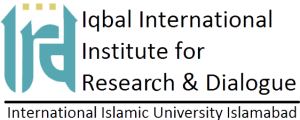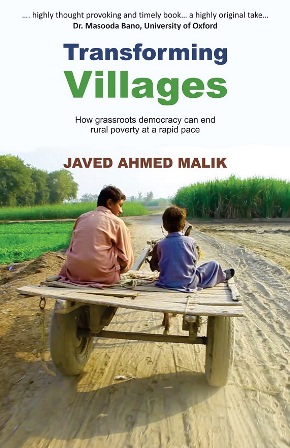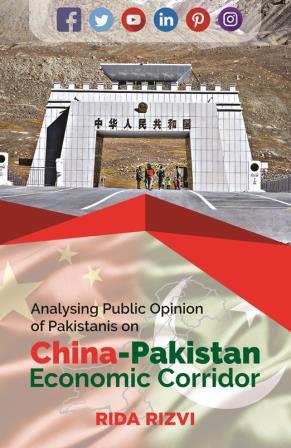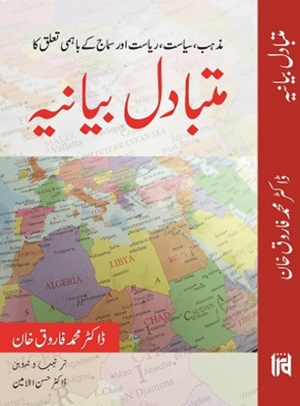Description
Transforming Villages: How Grassroots democracy can end rural poverty at a rapid pace
CONTENTS
- The Problem
- The Consequence
- Key elements of an indigenous ground up democratic model
- Citizens as accountability agents
- Transforming villages at a rapid pace: A new approach
ABOUT THE BOOK
The book advances the argument for treating villages as institutions through creation of village level permanent democratic body called village social and legally linking it with executive branch of the state in order to deliver development at a rapid pace. Poverty is essentially rural in Pakistan. there are 79 million poor in Pakistan. 71 million out of them live in rural areas and face multiple levels of deprivation on daily basis. The book argues that this is the direct result of not only the wrong policy choices but more importantly states ability to function at village level effectively. Its present structure is not tailored to serve villages. The book agrees that effective local bodies could have been the solution of this problem but shows that local government swill remain fragile in most parts of Pakistan in near future because it is not in the interest of three key players in the political and bureaucratic system (Chief Minister, Chief Secretary and District MNA/ MPA) to let go few powers in favors of villages and they will remain against it at all cost as they did in the past seventy years. Building upon Pakistan’s successful participatory development and volunteer work experiences and backed by evidence from China and Korea, the book proposes a permanent village level participatory democratic institution linked with restructured state structure where the executive branch of the state will have an effective outreach function at Tehsil/ District and Provincial level. Treating villagers as partners (and not as passive recipient) and giving them control over funds will jump start human development in rural areas, improve local economy and will make state’s fiscal policy more effective and in turn improve GDP growth and will transform villages at a rapid pace.
ABOUT THE AUTHOR
Javed Ahmed Malik was born in the family of subsistence farmers in a village of North Punjab and still lives there. He worked in rural transformation programmed for the past 18 years in all four provinces of Pakistan as well as in Azad Kashmir, Gilgit Baltistan and FATA and visited over 5000 rural households in close to 1000 villages.
Javed led DFID’s largest 450M education programmed in the world in Punjab for seven years (2009-16) while leading Chief Minister Shahbaz Sharif’s Education Reform roadmap along with partners like McKinsey & Company, the World Bank and Government of Punjab’s Department of Education, Finance and Planning and Developments with game changing results on ground. Other than Pakistan he worked in South Sudan and Afghanistan and had short term consulting assignments in Tanzania, Bangladesh, India, Nepal and USA with all major development organizations and UN systems.
Javed studied at Heller School for Social Policy and Management at Brandeis University, Massachusetts, USA, Lahore University of Management Sciences (LUMS) and School of Economics, International Islamic University, Islamabad Pakistan. This is his first book.









Reviews
There are no reviews yet.